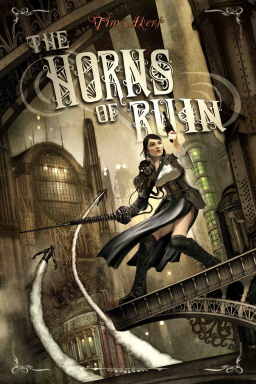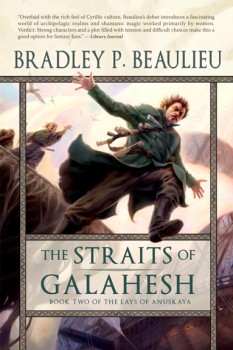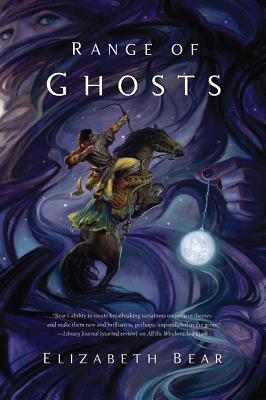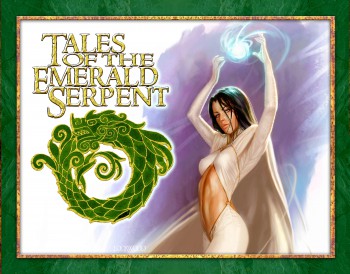Weird Tales Reopens to Submissions
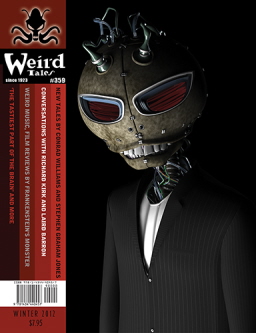 Attention all aspiring fantasy writers! (Yeah, I know that’s most of you.) Weird Tales has re-opened to submissions.
Attention all aspiring fantasy writers! (Yeah, I know that’s most of you.) Weird Tales has re-opened to submissions.
Now, I know you never read Submission Guidelines. But before you run off to send editor Marvin Kaye your latest short fiction masterpiece, I urge you to check out the guidelines. There’s lots of news — for example, the pay rate has dropped from 5 cents/word to 3 cents/word — but perhaps most interesting is the announcement that the magazine has shifted to themed issues. Upcoming themes include Elder Gods & Cthulhu (#360), Fairy Tales (#361) and Undead (#362), and if you’ve got a story in the latter two categories, the editors are especially interested:
Please know that each issue of Weird Tales – beginning with issue 360 – will be featuring a theme. This means that HALF of each issue will be devoted to strange and innovative takes on that theme. This also means that HALF of each issue will be devoted to the unclassifiable and eclectic tales that have always been the soul of Weird Tales.
Our current needs are… Stories for our Undead issue (#362). This issue is quite far along, but we seek unusual and radical takes on Zombies, Ghouls, chiang-shih’s, the Lich and other creatures yet undefined. Even vampires, if you have found a new wrinkle. Theme-related poetry is welcome.
We also have a bit of space left in the Fairy Tales issue (#361), so if you have worked on something for us, send away.
Be sure you are submitting an unpublished story or poem.
Because we publish half of the magazine as unthemed content, you may submit any variety of fantasy including science fiction (though we will not use much of the latter). We are currently most interested in stories between 3,000-5,000 words, but longer stories are acceptable. However, it may take quite a while for a long or unthemed story to be published. Short shorts, i. e., flash fiction, are definitely of interest to us.
The complete guidelines are here.

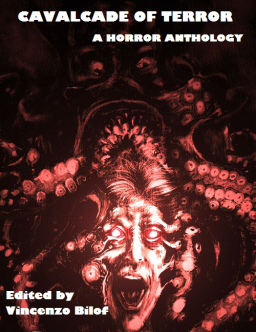
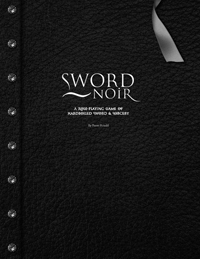 Back in 2004, a friend and I decided to
Back in 2004, a friend and I decided to 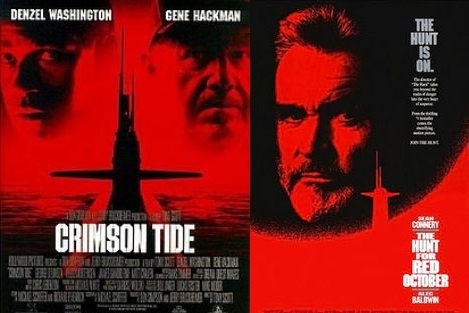
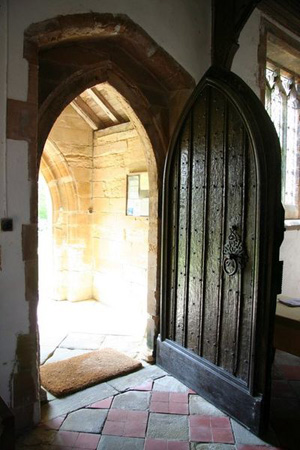 Whistle for your post owl, conjure your djinn, geas an itinerant minstrel or passer-by into delivering your parcel: genre publisher
Whistle for your post owl, conjure your djinn, geas an itinerant minstrel or passer-by into delivering your parcel: genre publisher 